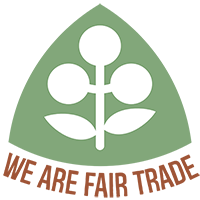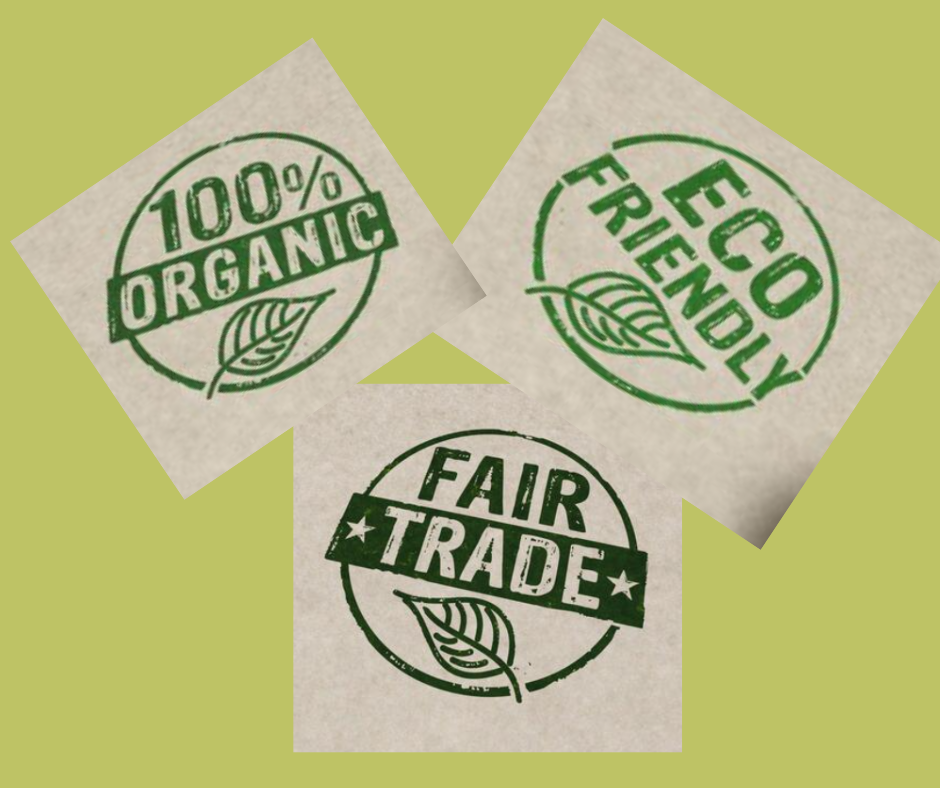Warehouse closed from noon 17th til 8am 22nd
Menu
-
- Home
-
Product Finder
-

- Edibles
-

- Consumables & Homeware
-

- Gifts & Occasions
-

- Wearables
-

-
Suppliers
- Alara
- Bethlehem Baubles
- Bio D
- Black Mamba
- Café Direct
- Cocoa Loco
- Divine
- Earth Squared
- Ethiqana
- Equal Exchange
- Fair To Trade
- Fernweh Clay Designs
- Island Bakery
- Made In Africa Chocolate
- Namaste
- Pachamama Knitware
- Planet Wrap It
- Rounton Coffee Roasters/We Are Fair Trade
- Shared Earth
- Steenbergs
- Storm Tea
- Suma Wholefoods
- Sunshine Nut Company
- Thought
- Threads Of Life
- Tony's Chocolonely
- Traidcraft
- We Are Fair Trade
- Whitakers
- Wrappily
- Zaytoun
- Gift Cards
-
Bargains
- Recent Additions
- Product List
-
Easter
-
- Login




















